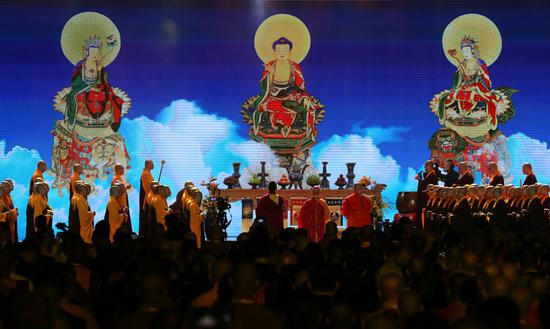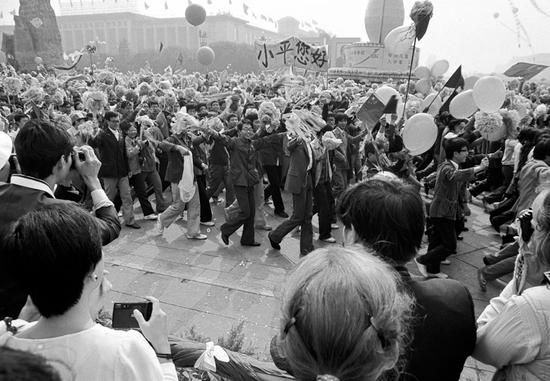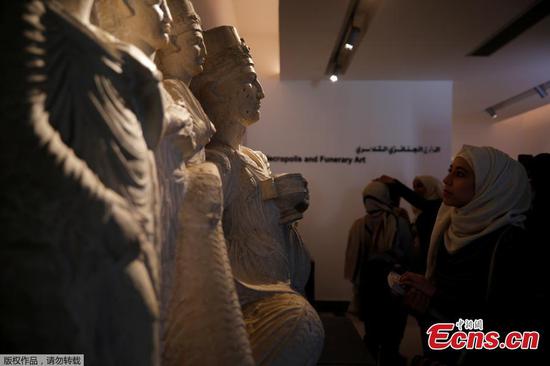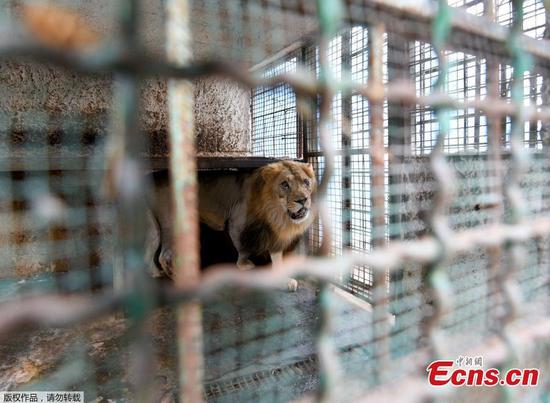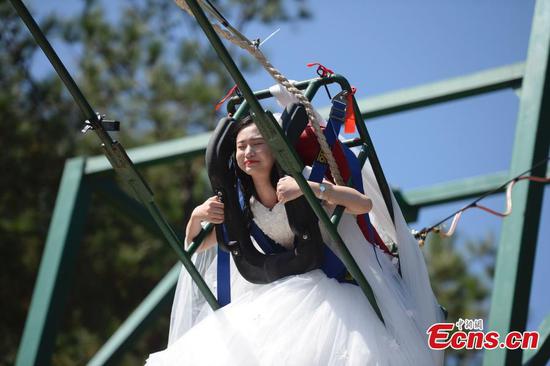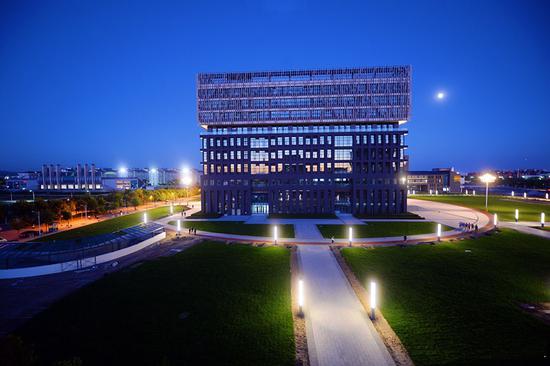
Vulnerability
Women are at their most vulnerable and helpless when they live in an environment infected with religious extremism that prohibits them from leaving the house or working.
"Every day I was worried sick that my husband would take part in terrorist activities and get caught," said Yorkhoz Ublikhasem, 38, from Gulebage residential district in Hotan city.
Her husband changed dramatically after he became involved with religious extremists in 2009, and he quit his job as a civil servant because they told him he shouldn't work for the government, she said.
"He had always been a very kind person, but one day, all of a sudden, he demanded that I wear a burqa. When I refused, he beat me up. I didn't know he was capable of that, so I had no choice but to follow his way," she said.
Yorkhoz Ublikhasem divorced her husband in 2010. "My family has been ruined by religious extremism. I still don't know how to tell my sons the real reason we divorced, she said.
Like Gulbahar Arken, Yorkhoz Ublikhasem found it hard to break with the extremists. After her divorce, she continued to visit illegal foreign websites that featured extremist content.
"Under the influence of religious extremists, the locals would make all kinds of excuses to stop their children attending school," said Ruxamgul Ayret, who runs a grocery store in Jiya township, Hotan city, which has long been famous for its hand-dyed, colorfully patterned Etles silk.
The 34-year-old said that around 2000, some women began wearing long black robes.
"In 2005, I noticed that my elderly relatives and neighbors had all started wearing them. I was told it was a new tradition among us Uygurs, so I followed the trend," she said. "Soon, I started to tell people off if they wore modern clothing."
Although Gulbahar Arken, Yorkhoz Ublikhasem and Ruxamgul Ayret were forced or lured into following religious extremism, they didn't realize that behavior such as attending underground prayer sessions and wearing clothes that advertised religious extremism meant they had broken the law, including the regional anti-terrorism law and regulations to promote deradicalization.

























